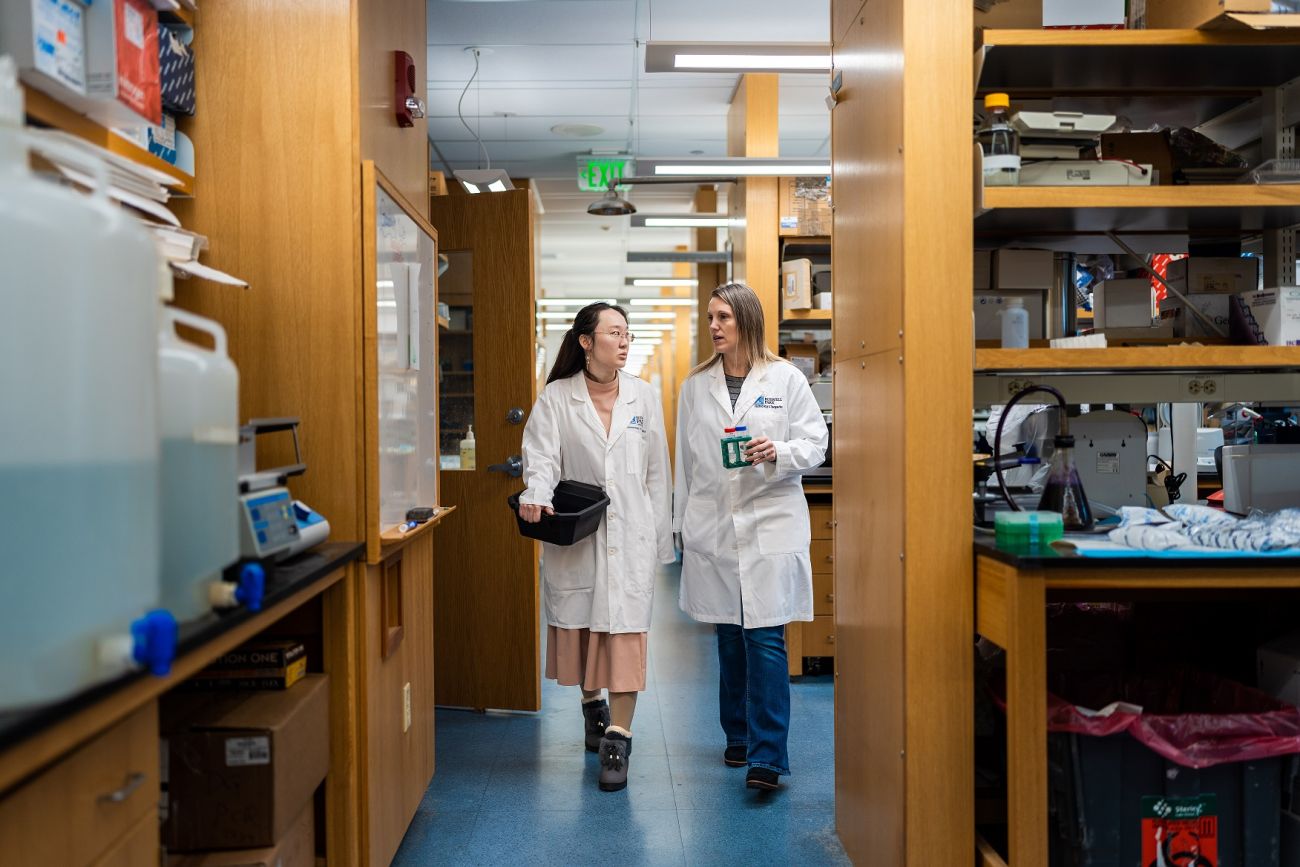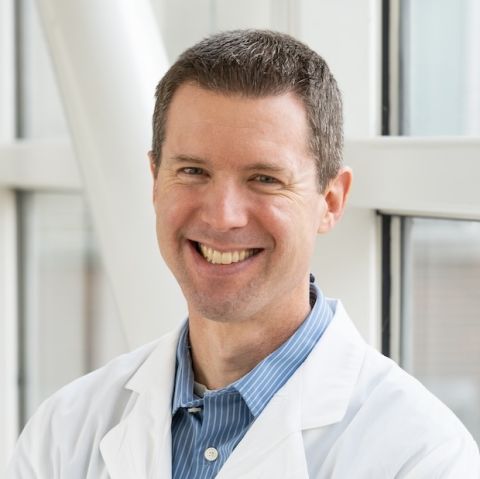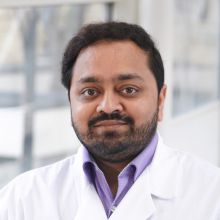At Roswell Park, researchers are constantly asking the next question and working toward new discoveries. Many times, those groundbreaking findings begin with a simple question or a small data set. Major national funding for cancer research doesn’t come into play until a scientist can prove they have a solid foundation and are already well on their way to something big.
Our solution is the Scientific Advisory Committee (SAC). Roswell Park researchers submit unique project proposals to understand something deeper about their dedicated cancer focus. Through a competitive and rigorous process, the projects with the highest potential and most established groundwork are selected for funding.
These SAC grants are made possible by the generosity of Roswell Park fundraisers and donors, without whom, these projects could not get off the ground and make their marks on cancer as we know it. For every $1 donated and invested into research initiatives, researchers go on to earn an additional $23 in external grant funding, further fueling their lifesaving work. In other words, after donor funding has allowed their work to flourish, they’re empowered to seek and win larger grants to make an even bigger impact and follow the thread of innovation they’re chasing.
Here are projects donors have made possible recently.
Phase 1 trial introducing a new inhibitor of immunosuppressive cells for patients with relapsed or resistant multiple myeloma
Multiple myeloma is the second most common blood cancer and is considered incurable in a majority of patients. Survival rates have thankfully been improving in recent years thanks to an array of new treatment options, but barriers persist. Many of those treatments heavily rely on the presence of a healthy patient immune system in order to be the most effective, while many patients develop tumor-induced immune suppression. There’s no method currently available to counteract certain components of this immune suppression. That’s exactly what Dr. Hillengass is hoping to solve.
Dr. Hillengass aims to explore the effectiveness of an existing inhibitor drug as a new way to stop that immunosuppression either on its own or combined with other standard treatment. Preclinical data in multiple myeloma models suggests this should be beneficial for treating multiple myeloma, and this phase 1 study will pave the way for the next step toward hope for patients: a larger-scale phase 2 study.
Immuno-metabolic regulation in triple negative breast cancer*
Subhamoy Dasgupta, PhD, and Scott Abrams, PhD
Breast cancer detection and treatment continues to improve, but in too many cases for patients with triple negative breast cancer, the cancer returns in an aggressive, metastatic form where therapeutic options are severely limited. The cancer cells in these situations have developed strategies to adapt and evade the immune system, enabling them to become more aggressive.
One way the cancer grows is by increasing a specific metabolic enzyme that can act as a driver of this variant. When there is more of this enzyme, there is poorer survival. In contrast, metastasis to the lungs and lymph nodes are significantly less when the enzyme is reduced.
Drs. Dasgupta and Abrams, along with their team, hope to uncover the intricacies of how this enzyme drives the growth of triple negative breast cancer by suppressing immunity so we can ultimately learn how to stop it with new therapeutic combinations.
*This research initiative was specifically funded by the generosity of the 2022 Empire State Ride Excelsior Riders and all those who donated to their fundraising efforts.


